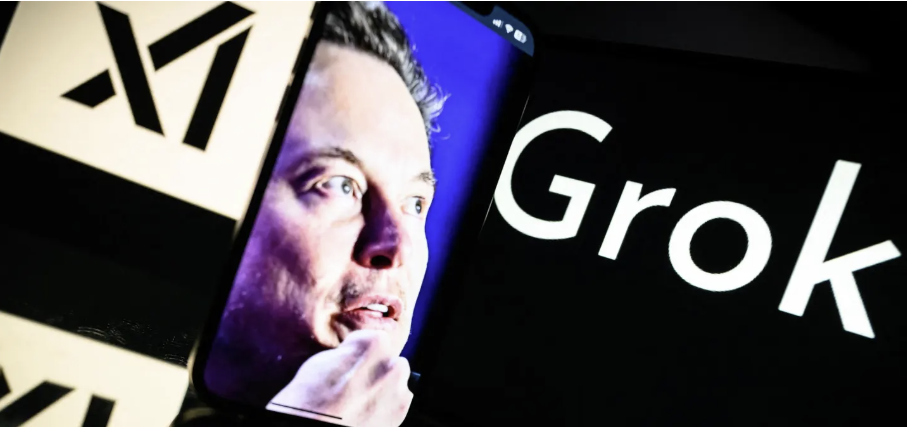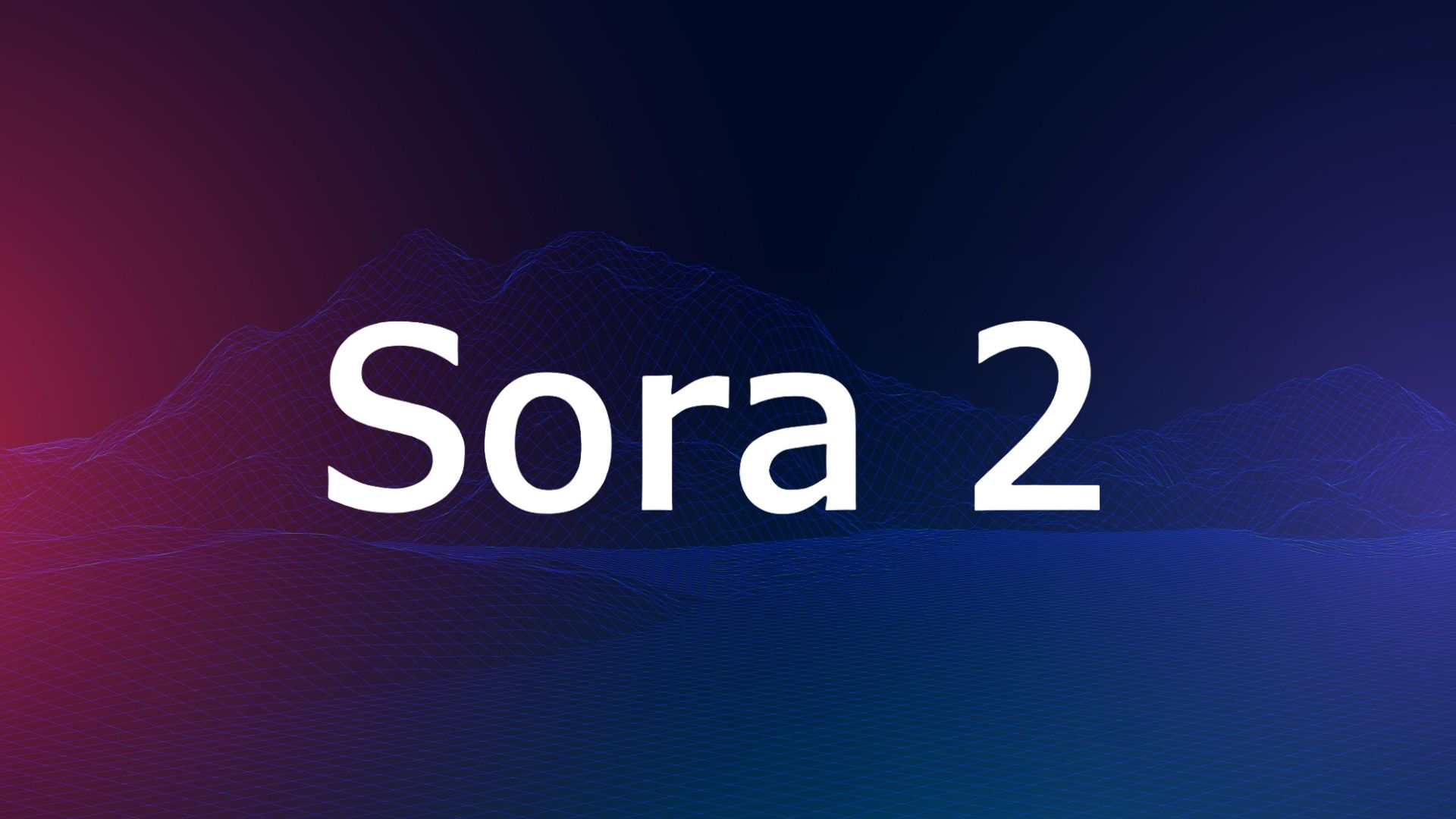A proposed US Internet Bill of Rights aims to protect digital freedoms as governments expand online censorship laws. The framework, developed by privacy advocates, calls for stronger guarantees of free expression, privacy, and access to information in the digital era.
Supporters argue that recent legislation such as the UK’s Online Safety Act, the EU’s Digital Services Act, and US proposals like KOSA and the STOP HATE Act have eroded civil liberties. They claim these measures empower governments and private firms to control online speech under the guise of safety.
The proposed US bill sets out rights including privacy in digital communications, platform transparency, protection against government surveillance, and fair access to the internet. It also calls for judicial oversight of censorship requests, open algorithms, and the protection of anonymous speech.
Advocates say the framework would enshrine digital freedoms through federal law or constitutional amendment, ensuring equal access and privacy worldwide. They argue that safeguarding free and open internet access is vital to preserve democracy and innovation.
Would you like to learn more about AI, tech and digital diplomacy? If so, ask our Diplo chatbot!










